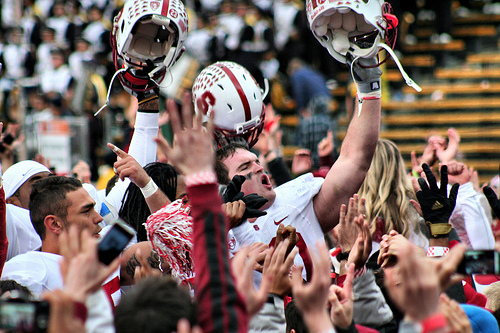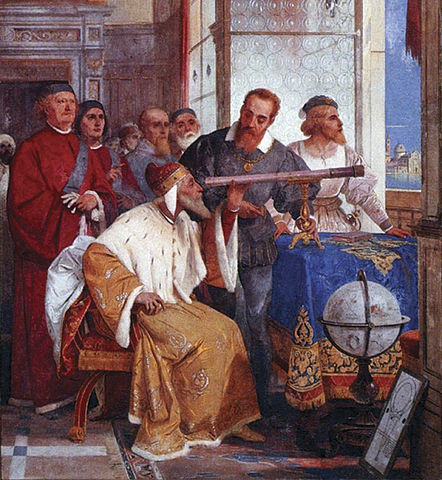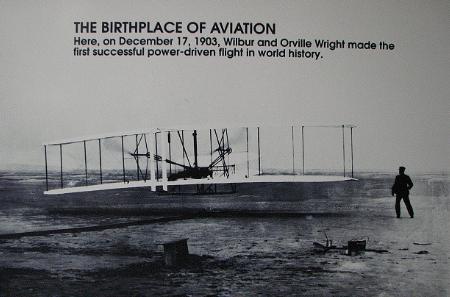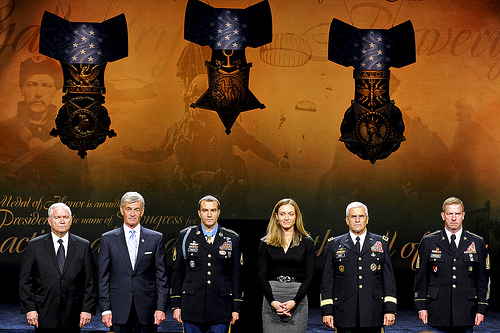The superior man is modest in his speech, but exceeds in his actions. – Confucius

If all anyone heard about was how good the quarterback was, would the team thrive or fall apart? Life, like it or not, is a team sport.
What does that mean?
This quote reminds me to be wary of the boastful and the prideful. These people are not modest in their speech. Some may have accomplished much, but there are ways of letting the world know of your abilities without being immodest. Just let your work speak for itself.
The quote continues by urging us to put our effort into our actions, to exceed there, not in our speech. Think about it. It’s one thing to have someone tell you how good they are, promote themselves and be boastful. It’s quite different to have someone show their excellence by simply showing you their work. Which is the more pleasant experience?
Why is modesty important? Continue reading














